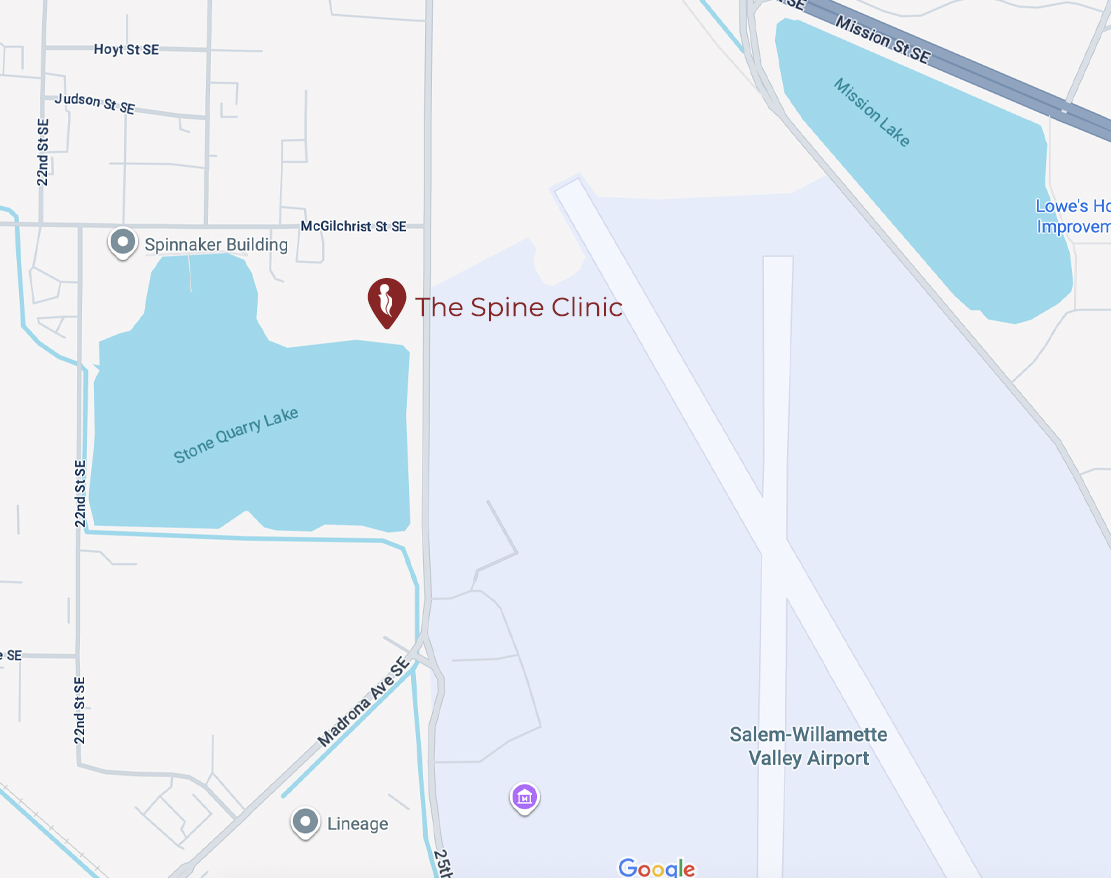As the weather cools down, some people notice changes in their joints. An old wife’s tale claims that some individuals can predict coming rains based on their joints. Studies have shown there is a link between joint pain and temperature changes.
Do you wonder why your joints react a certain way when cold? While there is no scientific explanation for the phenomenon, there are factors that can contribute to the issue.
Changes in Joint Fluid
The joints contain a shock-absorbing fluid known as synovial fluid. It has the consistency of egg whites and helps provide proper, unrestricted joint movement. In cold temperatures, the synovial fluid tends to thicken. This affects its ability to flow smoothly, and as a result, the joints become creaky or stiff.
Increase in Nerve Sensitivity
People with past or existing joint injuries experience increased nerve sensitivity in the target area during cold weather. Inflammation, adhesions, or scarring can cause the nerves to become highly sensitive. When the temperatures drop, the ensuing nerve hypersensitivity can lead to severe joint pain.
Effects of Reduced Activity
People tend to be less active when temperatures are cold. Reduced movement is especially harmful to those with various joint conditions. Joints require frequent stretching or exercise to ensure proper function. Prolonged inactivity can cause the joints to become stiff, leading to increased pain.
Change in Barometric Pressure
Changes in barometric or atmospheric pressure can affect the tissue in the joints. The weight of the air changes with the weather. Barometric pressure is high in warm weather and low in cold weather. The pressure drop can cause the muscles, tendons, and surrounding joint tissues to expand slightly, which can cause joint pain.
High Humidity Levels
Cold weather, accompanied by high humidity levels, is a combination that can worsen joint pain. It is unclear why, but experts believe high humidity harms cartilage cells and bone. It usually affects the elderly or people with arthritis.
Protecting Your Joints During Cold Weather
You can do things to protect your joints during colder weather. They include:
Stay warm by wearing clothing that will keep away the cold when outdoors. Use an electric blanket at night and keep your car warm.
Ensure you stay active even when temperatures drop. Daily stretches and light exercises will help keep your joints in peak condition.
Improving your mental well-being can help reduce pain. Engage in activities that make you happy, eat a healthy diet, get enough sleep, and do things to improve your mood.
Take measures to manage any joint swelling. If you notice any swelling, use braces, bands, gloves, and other garments to manage the condition.
Use pain medications. If you experience joint pain, your doctor can prescribe medication to manage the discomfort. Take the medicines exactly as prescribed.
Some individuals are more susceptible to experiencing the effects of cold weather on the joints. People with chronic pain and those who have arthritis are more susceptible. If you experience unusual pain in your joints, consult your doctor immediately.
For more on the effect of colder weather on your joints, visit The Spine Clinic at our Salem, Oregon office. Call (503) 362-5555 to schedule an appointment today.









